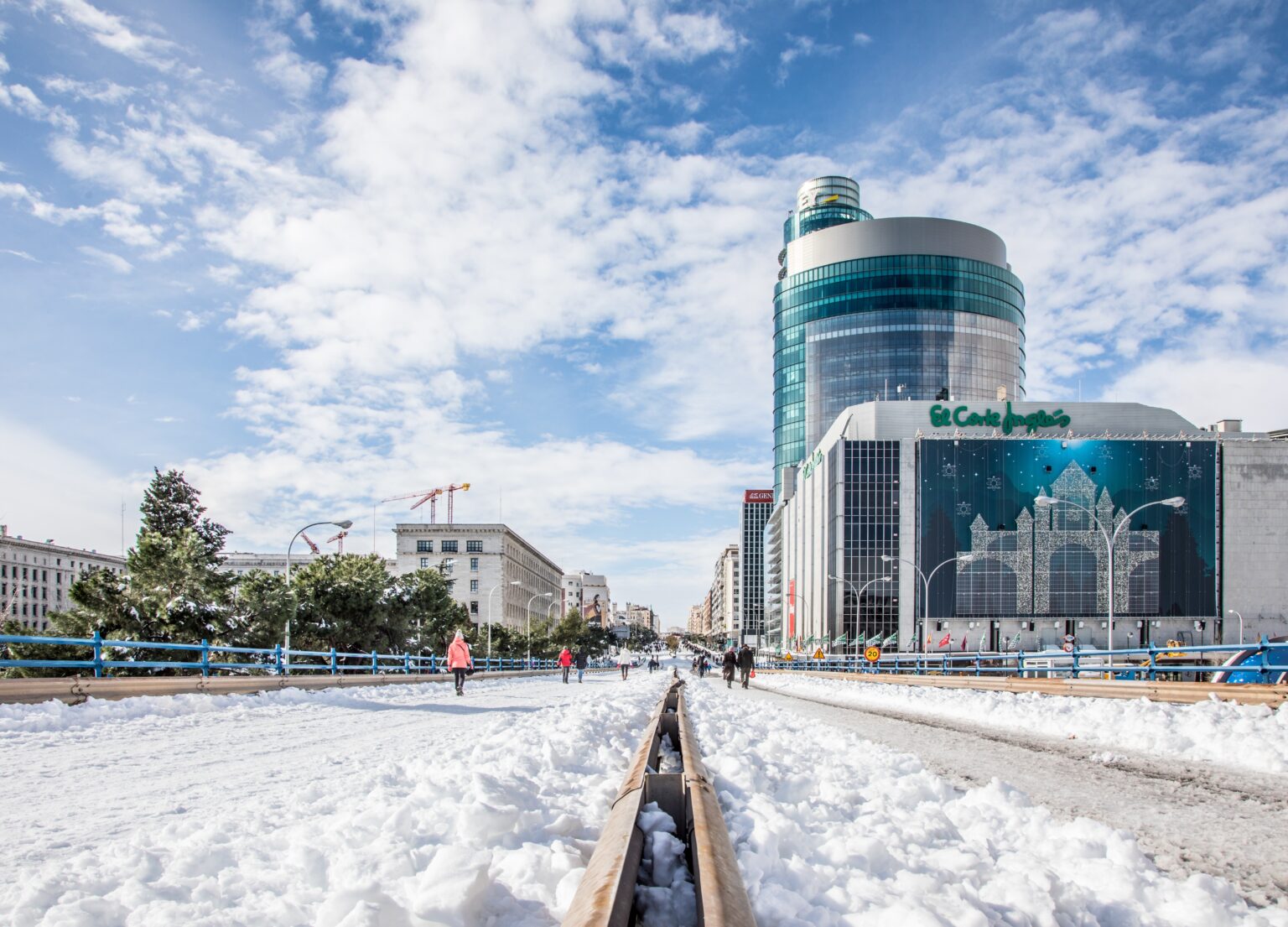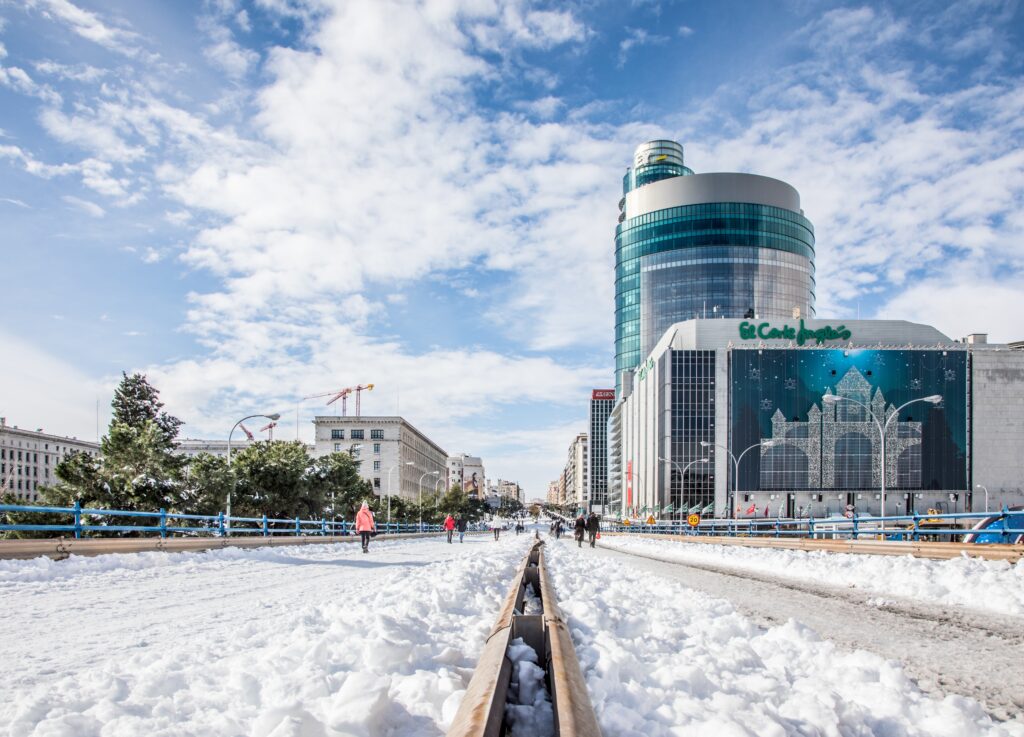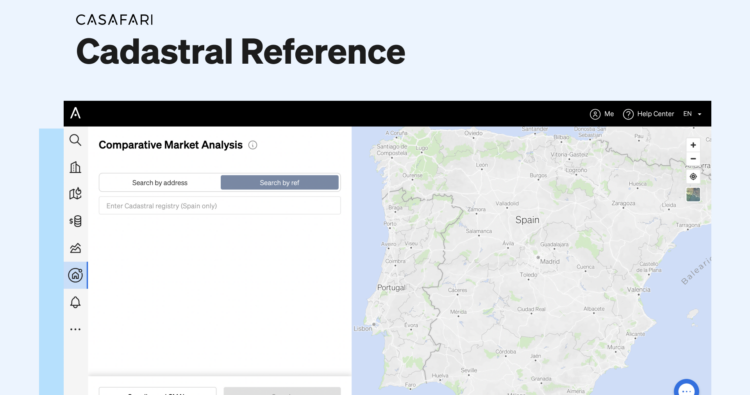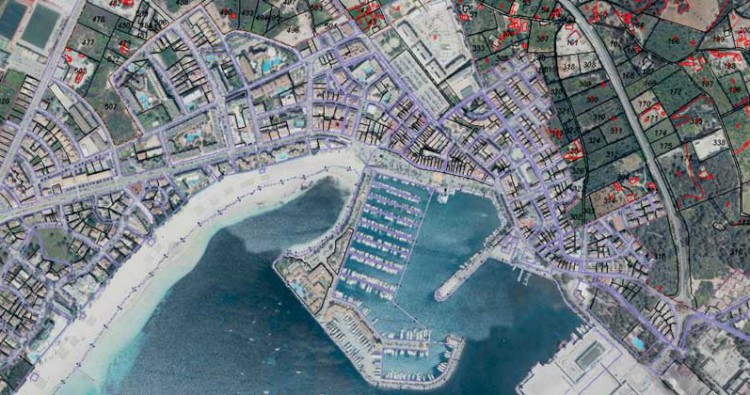Severe floods across Europe causing damages in 10 different countries including Germany and the UK in 2021, wildfires getting increasingly common in Spain, Portugal and France, the worst floods in over 100 years in northern Italy in 2023. These scenes are becoming more and more common throughout the globe, happening in the USA, Canada, Australia, Brazil and in Europe as well.
But, apart from the obvious tragedy for the population, these consequences of climate change also affect many different players in the property market – buyers, landlords, tenants, sellers, insurance companies, banks, property investors and, of course, estate agents.
Find out what are the main transformations that you can expect and how to adapt your work to stay relevant in this scenario.
Climate change and the shift in the desirable places to live or buy
Sunny locations with good weather throughout the year, attracting foreign buyers coming from colder countries: all estate agents can name a few of them. Unfortunately, these places can reach uncomfortable temperatures in the near future during the warmer months, deal with water shortages or experience wildfires, for example.
Of course, these conditions might change the prices of properties, whether to increase or decrease, and this is already a reality. On the Insights Into Real Estate Investment Sustainability Survey (IRIS), conducted annually by the climate risk company Evora Global, almost half of real estate investors have seen extreme weather affect their portfolios.
A fall in property values, income and occupancy rates, as well as rising insurance costs (as happened in Spain after the wildfires of 2022), are some of the biggest reported effects of climate change on property portfolios.
Studies made in different areas of the USA and that were quoted in the Climate Risk & Commercial Property Values report, made by researchers from the Brookfield Centre in Real Estate & Infrastructure (Canada) and Reading University (UK), show the same pattern. They state that areas touched by or close to wildfires saw a drop in property prices from 5 to 13%.
The same goes for Europe: a report from the European Central Bank on weather hazards states that real estate can suffer with a decrease in prices from 4% to astounding 45%, depending on how exposed to floods they are. This can be explained by the fact that, historically speaking, river floodings have been a relevant risk across the continent and something that only tends to increase due to the increased precipitations caused by global warming.
So, on one hand, properties that your clients are thinking about buying might be at risk of decreasing in value in the future due to global warming and its consequences. On the other, areas in which governments are committed to preventing those changes to disturb the population are attracting more attention from property investors and, in turn, becoming more valuable.

Extreme weather impacting the conditions of living
A common misconception when we talk about global warming is the idea that countries would only experience hotter weather. While climate change is certainly bringing increases in temperatures across the globe, it also generates rigorous winters and even influences the occurrence of intense snowstorms.
No matter which weather conditions they are preparing to face, homebuyers and tenants are already starting to look for properties that allow them to find thermal comfort without having to resort to fans, air conditioning or heaters all the time.
For estate agents, this means that your clients are going to increasingly look for:
- older properties that went through recent and thorough renovations to become more comfortable thermal-wise;
- newer properties in energy-efficient buildings
- properties with higher energy classes in their energy performance certificates.
Energy Performance Certificate: what is it and why is it important for selling and renting
No matter if you’re representing the buyer, the tenant, the seller or the landlord, you will need to understand what the market is looking for and what it provides in terms of thermal comfort.
Difficulties in purchasing or renting property in affected areas
Currently, private home buyers resort very often to mortgages in order to buy their property, but even this natural process might be at risk of changing.
Chances are that it will be harder to get approval on mortgages for properties in areas that, due to climate change, are facing wildfires, floodings or other events caused by extreme weather. Why? Because the risk the bank is assuming becomes higher, since rarely do insurance policies cover natural disasters.
And, as warned by Forbes, even if property investors manage to buy without mortgages, it’s likely that tenants won’t be willing to live in places with increasing tendencies for said events.
What changes for the estate agent?
When it comes to the shift in the desirability of certain locations due to weather hardships, estate agents will have to stay aware of which locations are being affected by them.
Property investors, for example, are already checking these risks when going through the underwriting process for their portfolios, as stated by the global management consulting Mckinsey & Company and the Real Estate Global Consulting Savills. Meaning, any agent that looks for property for them will also have to keep track of these trends.
Follow the property market trends with CASAFARI
Second of all, thermal comfort is an expression that needs to be part of your vocabulary from now on. There are three different actions to take about this subject:
- When scouting the market to find an investment property for a client, make sure to check if they have energy performance certificates;
- When a client wishes to rent their property, advising them to provide this kind of comfort for tenants as a measure to keep the property always occupied, reduce utility costs and make the property more valuable;
- Finally, make sure to educate your clients about the need to have an energy performance certificate with a high class.
Now, let’s talk about what happens when your client may face when trying to buy property in areas that are being and will continue to be influenced by natural events. If this is an investment property, before they sign the contract it’s important to let them know that renting it might become increasingly hard due to climate change and its effects.
Also, keep a close eye on mortgage policies in your area of activity, in order to know how far they are being affected by such conditions.
Yes, you guessed it: information will be key to adapting your work to the consequences of climate change in real estate. But don’t worry, you can count on CASAFARI now and in any future time to keep you up-to-date and provide a better service to your clients!







